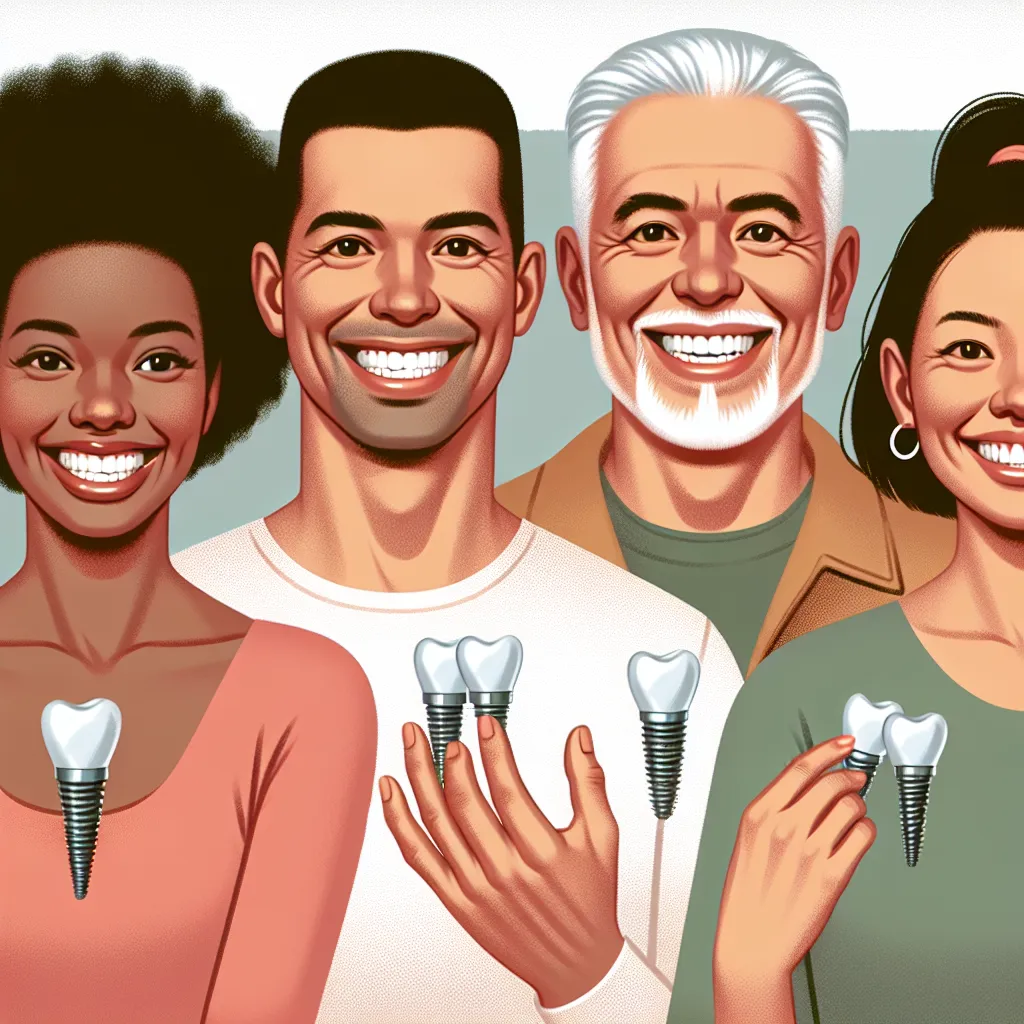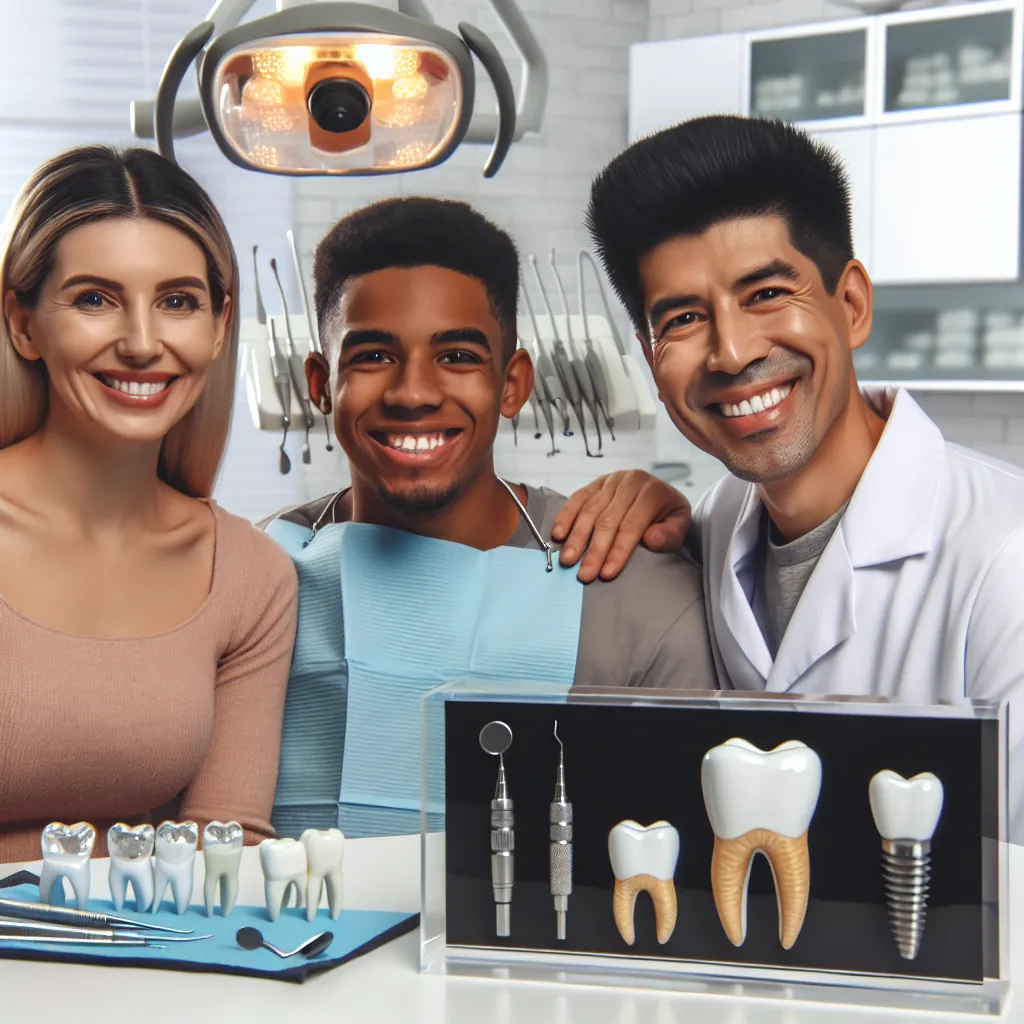Discover how dental implants dentures restore confidence, improve stability, and last decades. Learn if they're right for you today....
Explore how dentures & dental implants can restore your smile, improve confidence, and enhance oral health with long-lasting solutions....
Discover the best options for most affordable dental implants near me. Learn how to get quality, budget-friendly dental implant care today....
Discover the truth about cheap dental implants, including costs, risks, and how to find quality treatment that fits your budget....
Explore how to find dental implants near me low cost without sacrificing quality. Get expert tips on affordable, reliable tooth replacement options....
Discover how to find a reliable dental clinic near me. Get tips on choosing local dental care, affordability, and emergency services today....
Learn everything about dental implants near me—how they work, benefits, costs, and how to choose the best local dental implant specialist....
Discover affordable, high-quality reasonable dental implants near me. Learn how to choose the best options for a confident, lasting smile....
Explore affordable full mouth dental implants to restore your smile, improve health, and save money with expert advice and real success stories....
Discover how full mouth dental implants restore confidence, function, and beauty with long-lasting, natural-looking results....










